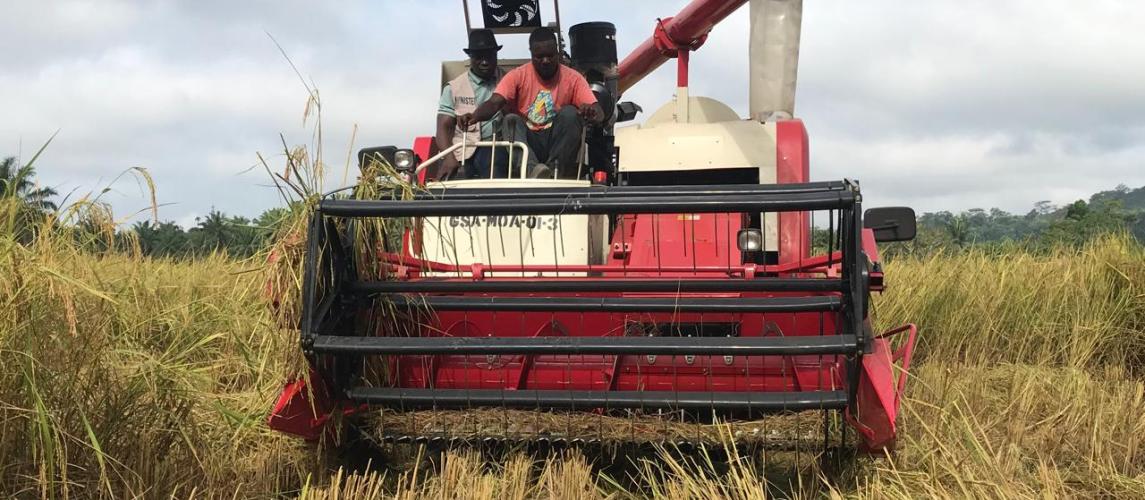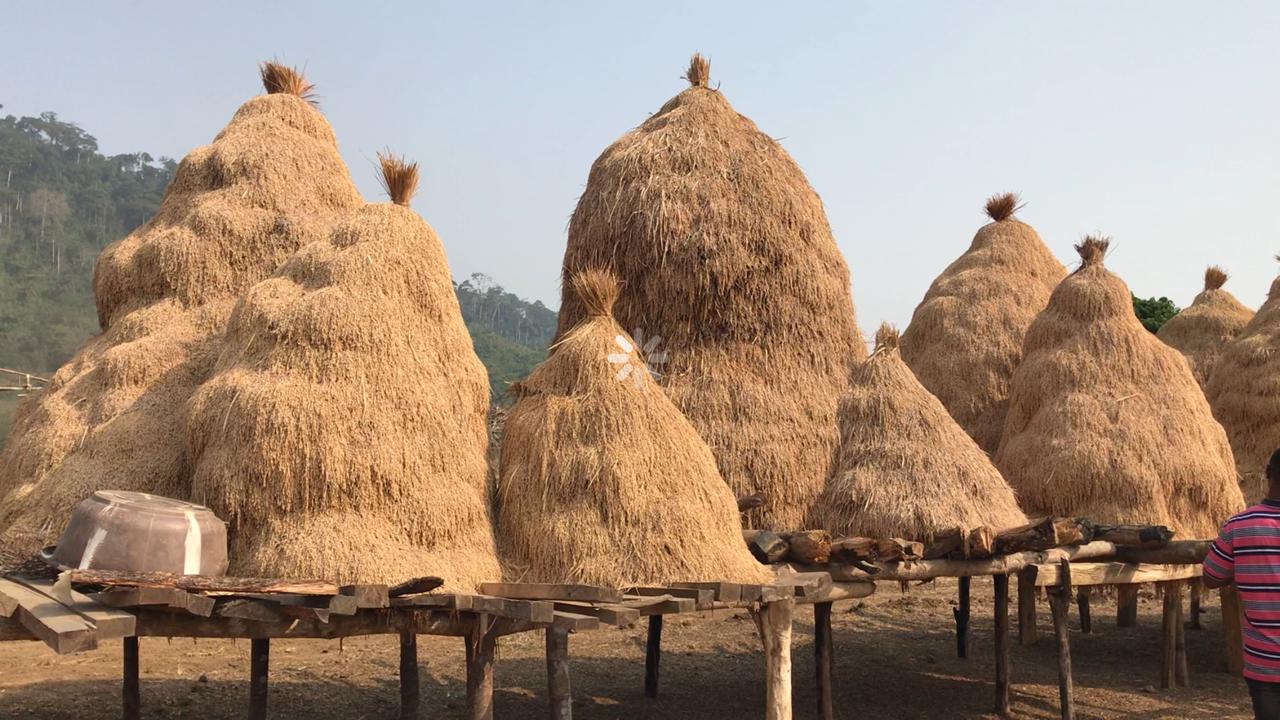
Agriculture Ministry Welcomes World Bank’s Sixth Liberia Economic Update, Calls for Urgent Partnership to Turn Agricultural Gains into Jobs and Resilience

Monrovia, 3 November 2025 — The Ministry of Agriculture has welcomed the World Bank’s latest Liberia Economic Update, which underscores agriculture’s growing role in driving Liberia’s economic stability, export earnings, and job creation. The report, titled “From Stabilization to Inclusion – Pathways to Resilient Growth and Productive Jobs,” highlights the country’s progress in maintaining macroeconomic stability and points to agriculture as one of the few sectors that expanded meaningfully in 2024.
According to the World Bank, the Liberian economy grew by 4.0 percent in 2024, with the agricultural sector's output, mainly driven by increased rubber and rice production, increasing by 3.4%, a notable improvement from 1.4% in 2023, accounting for 1.3 percentage points of the country’s overall economic growth. Rubber production rose by nearly 18% after a 2% decline in 2023, and rice output increased by 8.5%, reflecting better growing conditions, an improved road network providing greater market access, and policy efforts to enhance local production, supported by favorable weather and rising global prices. The Ministry sees these results as validation of the government’s ongoing investments in mechanization, lowland rice development, and value chain enhancement under the leadership of Dr. J. Alexander Nuetah, Minister of Agriculture.
Dr. Nuetah described the World Bank’s findings as a clear sign that Liberia’s agricultural transformation is starting to show results. “This report affirms that our focus on mechanization, irrigation, and domestic production is the right direction for Liberia. Agriculture remains the backbone of our economy and the foundation for inclusive, job-rich growth,” he said. “We must now build on these gains by expanding agro-processing, increasing productivity, and creating access to finance for smallholders and emerging agribusinesses.”
The Ministry of Agriculture agrees with the World Bank’s assessment that, while the sector shows resilience, challenges remain. The sharp decline in palm oil production, low investment in value addition, and limited access to affordable credit are key constraints. The Ministry is taking steps to address these issues through partnerships that promote agro-industrial development, public–private investment in processing facilities, and financial inclusion programs aimed at smallholder farmers and cooperatives.
The Ministry also recognizes the World Bank’s focus on creating jobs through agricultural growth. The report highlights that most new jobs in Liberia are informal and low-paying, emphasizing the need to shift agriculture from subsistence to a business-oriented, technology-driven sector that can provide more employment opportunities for youth and women in productive, decent work. work.
Dr. Nuetah reaffirmed the government’s commitment to sustaining these reforms, stating: “We are not just producing more food; we are building a new generation of agricultural entrepreneurs. Our priority is to ensure that agriculture drives livelihoods, reduces poverty, and strengthens the resilience of rural communities.”
The Ministry calls on development partners, the private sector, and financial institutions to support the national agricultural transformation agenda by investing in value addition, storage and processing, climate-smart technologies, and market access systems.
This statement is in response to the World Bank’s Liberia Economic Update — Sixth Edition (September 2025).
